Sensory Solutions
Helping Children Settle to Learn
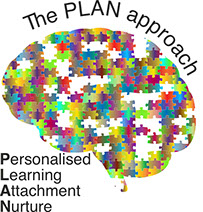
Sensory Solutions
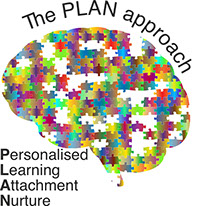

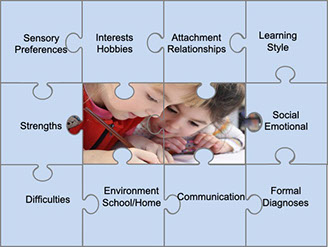
The PLAN Approach
Why do they do that?
The Bigger Picture
By using the PLAN (Personalised Learning Attachment Nurture) approach we are aiming to see things from the child’s point of view and ask “What is it like to be them?”.
Sometimes, a child may come to our attention because they are finding it difficult to cope in school or at home. The way they behave has consequences for them, for staff, for their families and for their peers.
This may present as;
• Difficulty with attention and concentration
• Zoning out – in a world of their own
• Being disruptive to their own learning or that of peers
• Being unable to settle in the classroom – always on the move
• Being unable to accept direction - Counterwill
• Having problems relating to others
• Feelings of anxiety
• Violence and aggression
• Traits of ASD/ADHD
The PLAN Approach looks to consider all the influencing factors in a child's life (their biology, personality, early life experiences, social and physical environment) to provide a framework to create conditions in which the child can thrive, rather than fight to survive.
A question that is not actually asked as often as it might be and which unfortunately would have no simple answer!
The question we probably ask more is "How do I stop them doing what they do?"
We have had a behaviourist approach to school discipline from well before the work of Pavlov and Skinner, certainly from early Victorian times (Spare the rod and spoil the child?). The approach is to reward 'good' behaviour and punish 'bad' behaviour. If a sanction does not work find a bigger, more punitive response that will surely modify challenging behaviour. Then when we exhaust our sanctions, as frequently happens, we move to a part-time timetable and/or Exclusion.
The PLAN Approach uses a very different perspective to address challenging behaviour in children. All behaviour should be acknowledged as a form of communication - the child is showing that there are things in their environment that do not allow them to remain calm, regulated and focused. If we work out WHY the behaviour occurs we can look to avoid it happening in the first place, rather than wait for it to occur and then impose a sanction.
The jigsaw graphic above represents the multiple factors that may have a significant influence on the ability of a child to be able to thrive in school.
An increasing number of children are struggling to just survive in school in more recent times and this has been even more difficult since March 2020 when schools have been closed or providing a much changed provision because of COVID-19.
The PLAN Approach aims to put all the pieces of the child's jigsaw in the correct place to allow everyone working with the child (or parenting them) to understand what life is like for this developing person.
Once we have that understanding we should make things much easier for the child, and the adults too, as the frequency, intensity and duration of any challenging behaviours are significantly reduced and hopefully extinguished all together.
It does require us to look at the child through a different lens - one that sees them as 'children with problems' rather than 'problem children'.

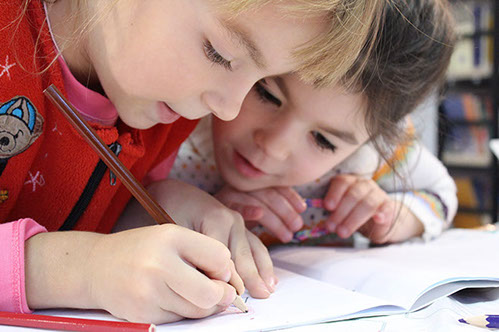

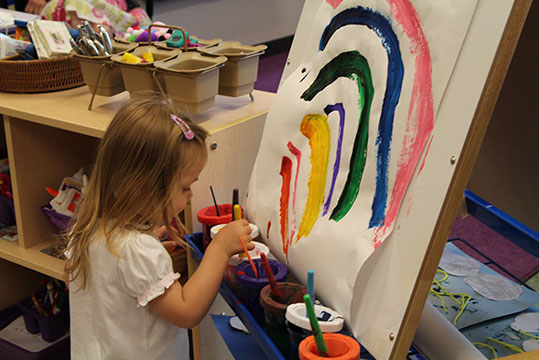

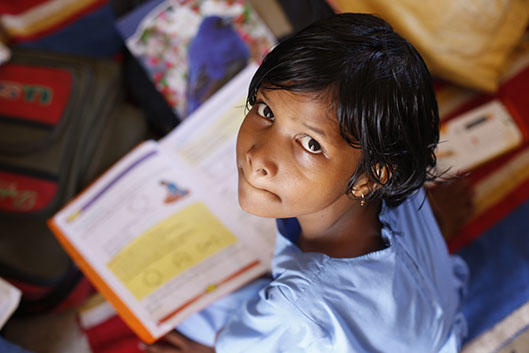
Meeting the challenges that are in every classroom, every day

Phone: 07968 423795
Email: planapproach@omegasolutions.co.uk
Address: Omega, Sidsaph Hill, Walkeringham DN10 4HP
Julie can be contacted at:
Copyright © Kevin & Julie Hayes 2021